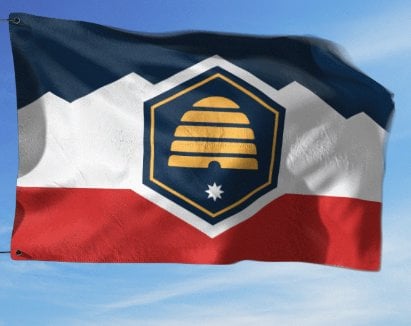Okay, I’m not going to be mean, but this is an incredibly reductionist response to the issue.
it’s like saying, oh, your power bill is too high? You could save so much money by just turning off grandma’s respirator.
Like this infographic completely skips over why they would be growing alfalfa and hay.
Obviously, this is a big issue that needs to be solved, but you can’t just say, “stop doing a single particular thing and it would all be fixed” without addressing why they are doing that thing in the first place and what other potential options they have, you know?
I’m not a shill for big alfalfa, I’m just saying that this single infographic does not tell the entire story.
the reason why farmers are growing alfalfa in the desert is because the water rights are tied to how much water you use. if a farm uses less water, their water allowance will be reduced accordingly. this incentives them to waste water to make sure they maintain their preferential treatment.
Have you looked much into the issue or just this infographic? This article is from 2022, but illustrates the point that it does not add much to the economy but takes an outsized share of the water. Emphasis is mine.
Recent reports conclude that growing alfalfa and other kinds of hay sucks up 68% of the 5.1 million acre-feet of water diverted every year in Utah. The resulting crop, though it supports some farmers and their communities, amounts to 0.2% of the state’s annual gross domestic product. That’s about what amusement parks generate across the state.
Why it’s time for Utah to buy out alfalfa farmers and let the water flow, Editorial Board writes
Honestly, I hadn’t looked into it, and you’ve provided a lot of really great context that would have been incredibly useful in the infographic posted.
More information is almost always better than less.
I know practically nothing about Utah, but they probably have alfalfa in their crop rotation, because legumes bring nitrogen into the ground.

So, without growing alfalfa, they’d need much more artificial fertilizer, which can also have negative effects, like it being washed into lakes where it leads to excessive algae growth, ultimately leading to toxins being released and fish etc. suffocating.
I can imagine that there’s some middleground which works better overall, but yeah, I don’t think it’s as simple as just not growing alfalfa…
Only legumes used in a cover crop MAY add nitrogen to the soil (temperature, inoculant, pH, etc has to be correct). If you harvest a crop from the field you are removing nitrogen.
For example alfalfa produces up to 500lbs of nitrogen per acre. It needs up to 600lbs/acre from full production. Alfalfa farmers for high production often add 10-20lbs of N after every cutting to make up for this.
The alfalfa is the main crop in those areas of Utah. The oats and barley are rotational crops. This is because alfalfa produces allopathic chemistry which inhibits the germination of its own seeds. So they plant oats or barley to allow the chemistry to break down in the soil for a year or two then back to alfalfa for 5-7 years.
But but but, what about prayer and fasting? 😅😶
You fast for Ramadan by abstaining from water during the day (among other things, obviously), so that would actually make more of a difference than what they’re currently doing.
This is a cow problem, eat more chicken, beans and tofu! And fuck cheese.
Instructions unclear. Penis stuck in Gouda.




